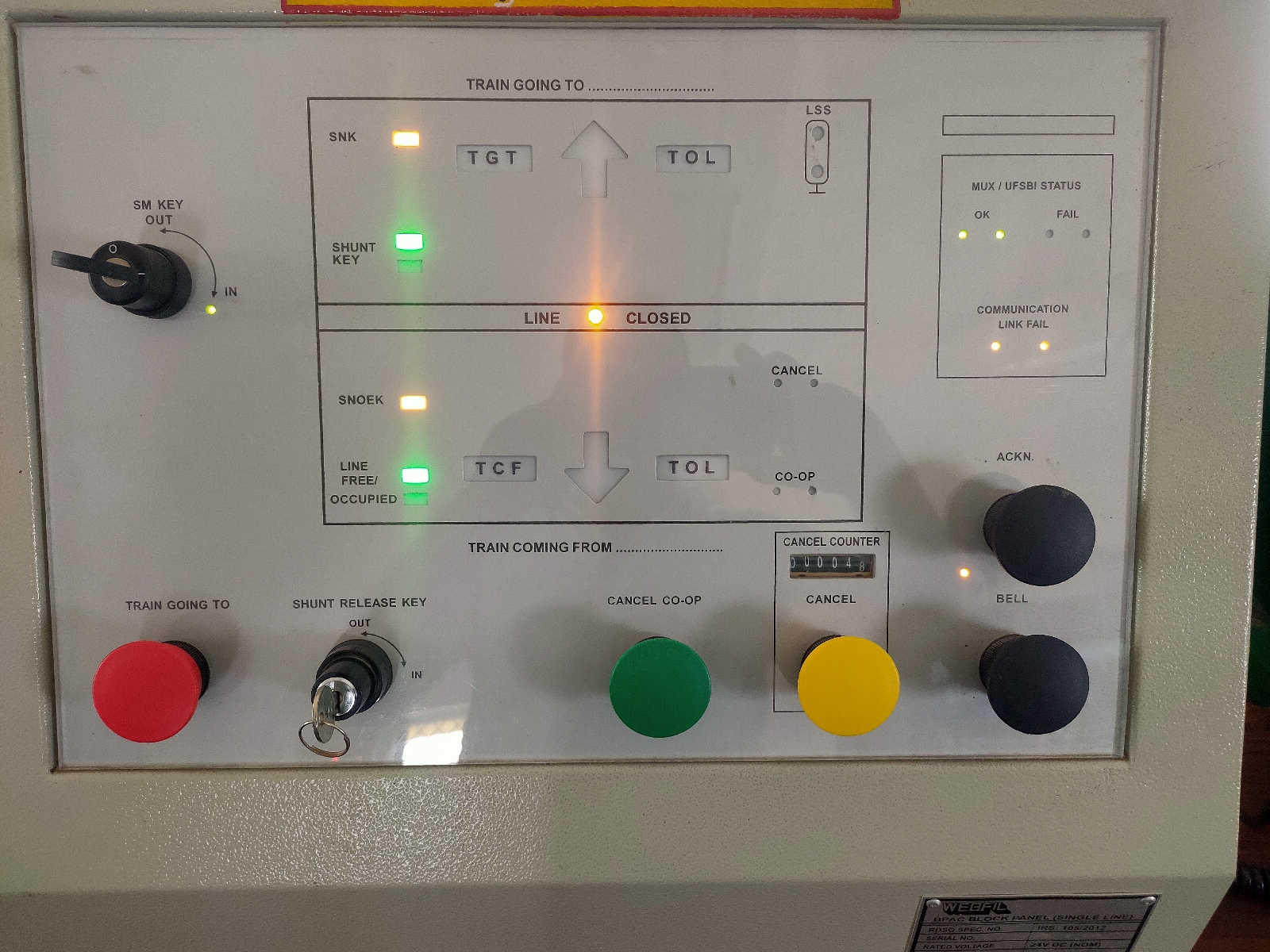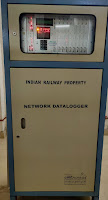Signal in railway, how many voltage and current require to lit a signal (pdf)
Image of a home signal with route signal and calling on signal
Signal:- A signal is that thing which convey information about a track or road on which a vehicle redy to pass
Types :- On the basis of their existence and working there are mainly three types .
1- Main signal
2-subsidery signal
3- Auxiliary signal

(Main signal )
Explanation :- For lit a main signals i.e Home ,stater ,advance stater ,inner distance ,distance , ibs etc .
Require voltage - 90 v to 110 v a.c
Require current - 130 ma
Fuse - glass fuse -630 ma
For subsidary signal
SHUNT SIGNAL ;- It is subsidary signal .It can place dependent or independent .Some signala are used as only STOP SIGNAL .
Parameter ;-
Voltage -110 v ac
Current - 60 ma
The name of led of a shunt signal are as ON ,OFF ,PIOLET
Note - The arrow marks which show on which line a shunting work can process .It is always left to right .
Necessary path followed according to circuit .
HR ^ HPR^ FOR ATTENTION OR CAUTION ( Yellow aspect )
DR ^DPR^ FOR CLEAR ASPECT
( Green aspect )
And the most restrictive aspect is RED .
ECR :- LAMP CHECKING RELAY , IT PICKS UP WHEN LED OF A COLOUR LIGHT SOGNAL IS LIT .
Ecr relay is picked up by current but not by voltage .
Note :- A train cannot be pass a aignal in danger without failure of signal or special condition .
SPAD - FULL FORM -signal pass at danger .
Cable require - 12 core or 18 core for main and 6 core for tail cable .
Here , MAIN CABLE MEANS THAT CABLE WHICH COMES FROM RELAY ROOM OR GOOMTY
BUT ,TAIL CABLE FINALLY GO TO SIGNAL CURRENT REGULATOR FROM LOCATION BOX . IT HAS 6 CORES .
Here full signal notes as pdf created by Birendra 👉
https://drive.google.com/file/d/1YOhhgg1OwU7QYeFItbCIdY8bBPRPp6vC/view?usp=drivesdk






Comments
Post a Comment